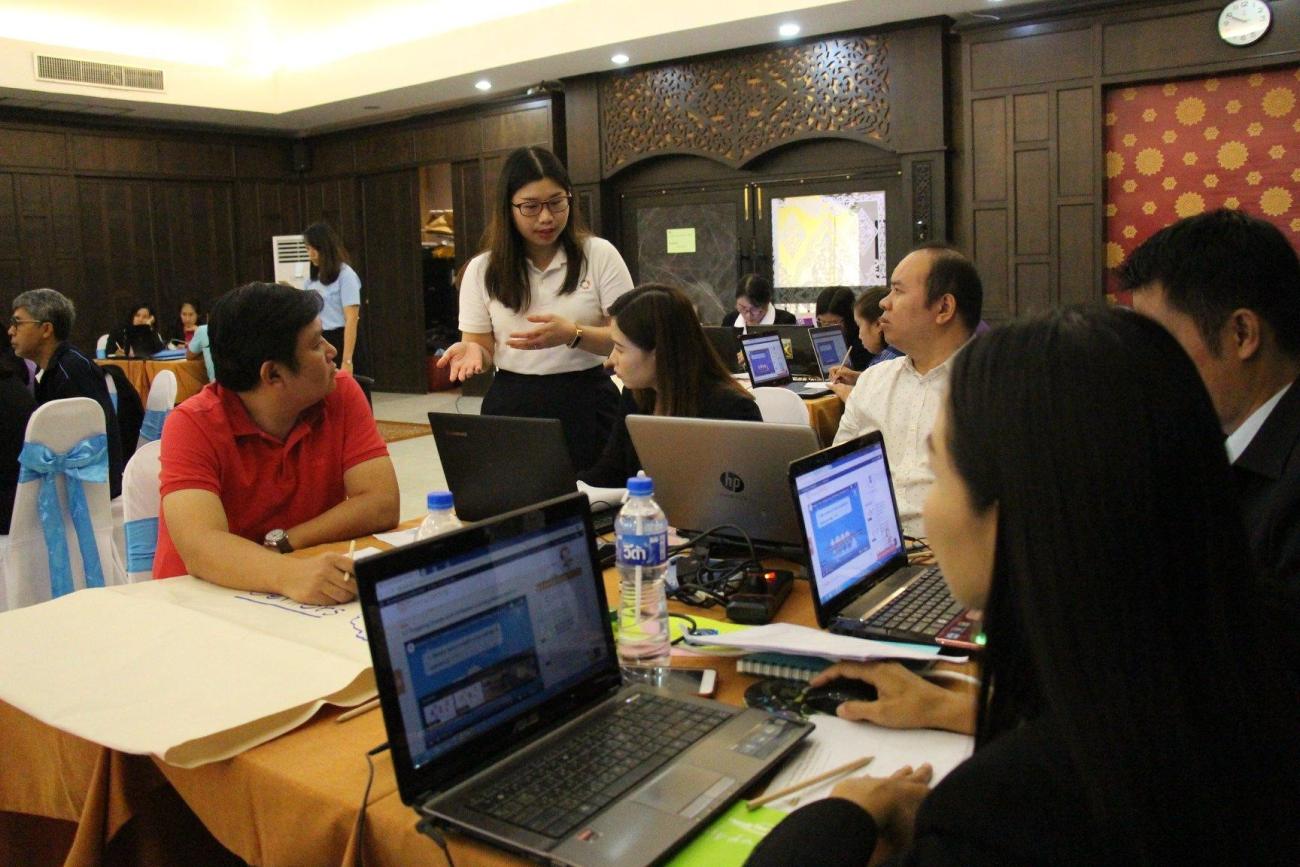Since the mid-1980s, the UNESCO Asia and Pacific Regional Bureau for Education (UNESCO Bangkok) has been a hub of knowledge development and programme management for Adult Learning and Education (ALE), Non-Formal Education (NFE) and Lifelong Learning (LLL). These activities support the United Nations Sustainable Development Goal 4 (SDG 4), which sets out to ensure inclusive and equitable quality education, and to promote lifelong learning opportunities for all.
The International Conference on Adult Education (CONFINTEA) has been convened roughly every 12 years since the late 1940s, with the upcoming event, CONFINTEA VII, to take place in Morocco in 2022.
In preparation for this historic occasion, the Asia-Pacific Regional Preparatory Conference for CONFINTEA VII was hosted by UNESCO Bangkok and the UNESCO Institute for Lifelong Learning (UIL) online on 22 September 2021. Participants included Ministry of Education officials across the Asia-Pacific, regional NGOs and ALE/lifelong learning stakeholders.
Rapid upskilling - A growing need
Amidst the COVID-19 pandemic, the regional conference recognised a significant need for youth and adult learners, and especially those already marginalized and in the NFE sector, to rapidly upskill and reskill to meet the market’s demands more than ever before.
The role for micro-credentials
A particularly notable session promoted micro-credentials for skills development and lifelong learning. Recognition, Validation and Accreditation, including recognition of prior learning, are critical to ALE and to enabling learners to pursue various learning pathways in order to obtain further qualifications for progressing in their career.
At the end of the regional conference, 22 speakers and 154 participants who attended sessions for a sum total of 200 minutes or more received a micro-credential for their achievement, which was provided by conference partner Convergence.Tech. The credential took the form of a secure, private credential, verified on the blockchain, and easily stored, accessed and shared from a digital wallet.
UNESCO recognises that micro-credentials are practical and conducive to the learning of youth and adults, both for daily life and employment purposes, and it plans to continue their use in such future contexts.
Original article published on UNESCO Bangkok.



